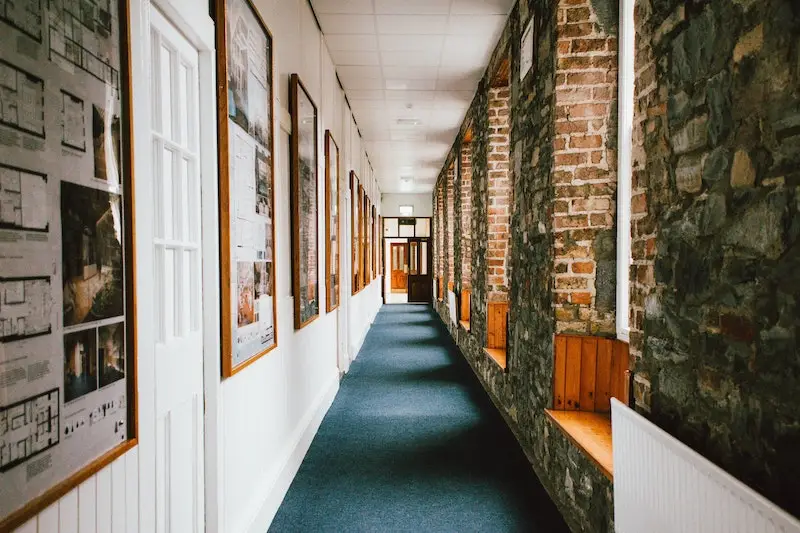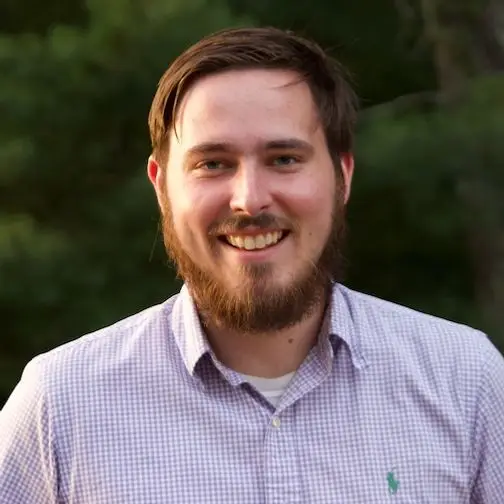Questions-Based Paradigm: Are Colleges Afraid of Questions?

We live in a society that has no lack of answers. But are we asking enough questions? A questions-based paradigm should inspire education, that is, questions should drive learning. Why do many colleges neglect this?
Our higher education system is becoming a dogmatic answer factory that produces and distributes final answers about almost everything. We’ve celebrated scientific advancement and a growing understanding of the world but we’ve misunderstood that as a sign that we don’t need questions at school.
Do our modern colleges still have a place for questions? If they don’t, what can we do in response?
The Original Intent
Historically, colleges and universities have been centered around questions. Their founders built them on a questions-based paradigm. That is, they were designed to be a place where thoughtful people could question the current understanding of reality (things like the structure of the solar system for example) and do research to come to a better, fuller understanding of that reality.
Over time, the purpose of higher education changed. Students attended college because of the training it gave them for a practical calling. Many of the first universities in North America started as seminary training centers for colonial clergy.
As more and more people began to attend college in the second half of the 20th century, this emphasis on practical training increased. If you wanted a job in forestry, there was a degree program for that. Same story if you wanted to get into psychology, marine biology, agriculture, or nursing.
The future of education in your inbox.
Get productivity tips, commentary, and Unbound updates sent to you!
The Current Emphasis
Nowadays, the emphasis in higher ed is shifting again. Rather than a place to ask deep questions, it’s become a place to get final answers. Instead of practical training, it’s offering conceptual knowledge.
Current higher ed is primarily concerned with taking the knowledge of the world and shrinking it into a number of 3-credit courses so that judging a human’s preparation for a job (or life in general) is as simple and efficient as possessing a piece of paper.
The asking of questions and the curiosity paradigm is a major wrench in this system. That’s why many higher ed institutions don’t perceive questions as particularly helpful.
The debate about free speech on college campuses is a great example of this. Rather than colleges opening up inquiries and welcoming students who question their professors and fellow peers in regards to political or social principles, they often censor dissenting voices. Students who bring new perspectives face marginalization.
A Return to Questions
Education in the 21st century needs to return to the questions-based paradigm that birthed the whole concept of higher education.
We live in a world full of easily-accessible answers and now what matters most is knowing the right questions to ask and what to do with the answers we find.
This questions-based paradigm is at the heart of Unbound’s educational philosophy. We believe that higher education should help students learn how to ask the right questions, quickly and effectively master the complicated information they have access to, and find a way to quickly and iteratively apply what they learn and discover.
Ascend, Unbound’s leadership and professional development program, applies this model to great effect as it helps students do college better and prepare for the real world. To learn more, schedule a free consultation before June 30th when enrollment closes.



